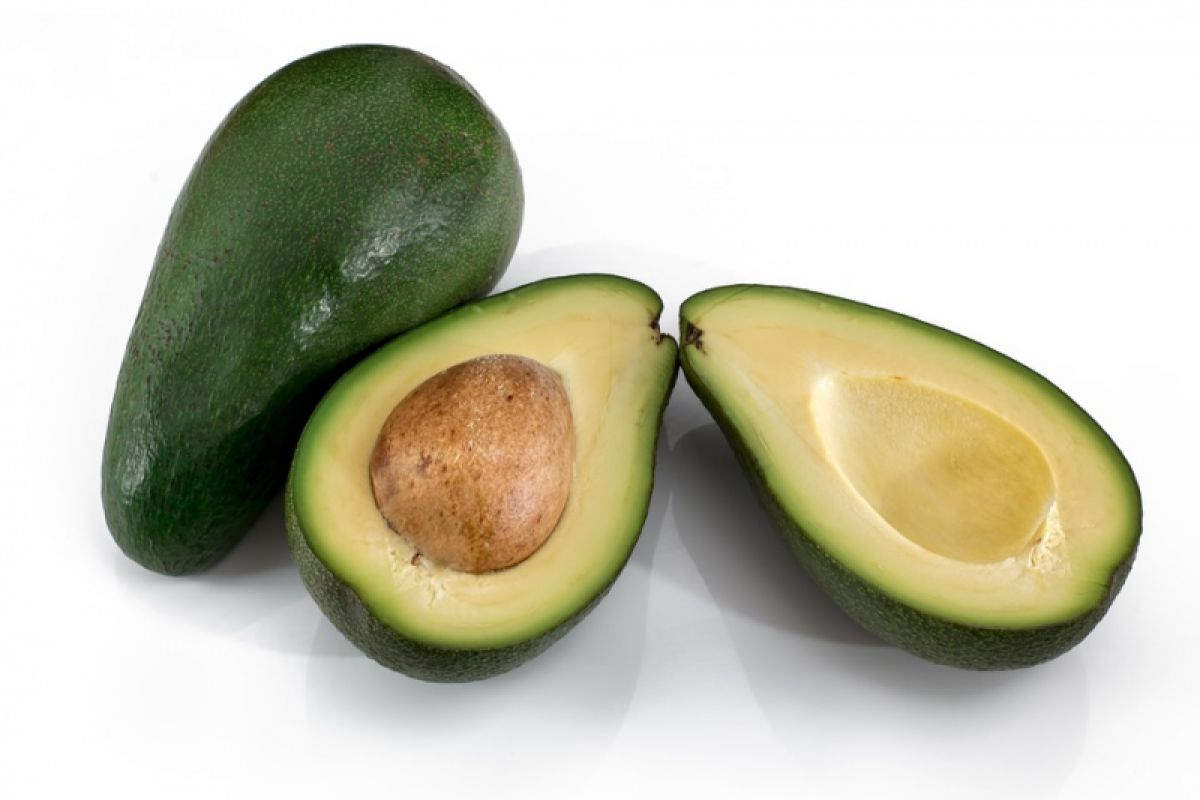"Avocado is a new request, and we will convey it to the director general of horticulture to follow up on it," Agriculture Attaché of the Indonesian Embassy in Tokyo Sri Nuryanti noted in a press release received on Monday.
Nuryanti noted that despite matters still being in the process, the demand presents a huge opportunity, taking in account that Japan is currently also interested in importing various fruits from Indonesia.
He is upbeat about the export licensing process for avocados being simplified, as Japan does not produce it, so it does not turn out to be a sensitive matter of protection of domestic farmers.
Furthermore, Japan has, so far, been known as a country with quite complicated export conditions.
"Of course, I am upbeat that this export licensing process does not flare up matters. Meanwhile, the export permit for mangoes is already entering the seventh of the 13 stages," she pointed out.
The Ministry of Agriculture, Forestry, and Fisheries (MAFF) of Japan had recently also sent a letter of confirmation on the result of the Japan International Cooperation Agency's (JICA's) evaluation of the treatment of mangoes using Vapor Heat Treatment (VHT) in Indonesia," she stated.
Nuryanti also expressed hope that the Director General of Horticulture of the Ministry of Agriculture would be prompt in submitting an export permit to MAFF as a standard procedure on "Evaluation for the Request from Exporting Country for Lifting a Ban on Plant Imports."
"As stipulated in 'Article 7.1 of the Plant Protection Act of Japan,' the procedure must be followed," he remarked.
Senior Manager of Japan's Market Development, Akira Kato, pointed to the fairly large market opportunity in terms of avocados, based on the rising needs of the community.
"We have noticed the increasing market opportunity for fresh avocados in Japan. Hence, we are optimistic that the Indonesian government would apply for an export permit for it, so that the quarantine procedure can begin immediately," Kato stated.
Kato pointed to the demand for avocados in Japan reaching 74 thousand tons over the past five years. He considers this figure as being notable since earlier it was only 57 thousand tons.
For imports, Japan still depends on the United States, Mexico, New Zealand, Vietnam, Peru, and Chile.
"However, in 2018, it began to come from China and Australia. This means if we look at the types of fruit that are banned from entering Japan, it seems that the export licensing process will not be as complicated as that for mangoes," Kato noted. Related news: Aceh tuna exporters stop export to Japan
Related news: Japanese investors to increase export oriented investment in Indonesia
Close
EDITED BY INE
Translator: Bambang Purwanto
Editor: Fardah Assegaf
Copyright © ANTARA 2019












